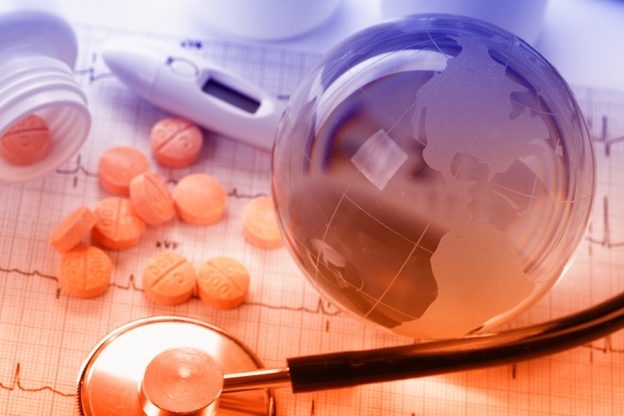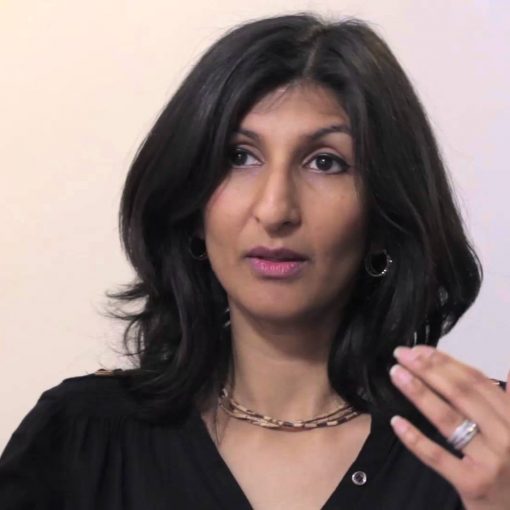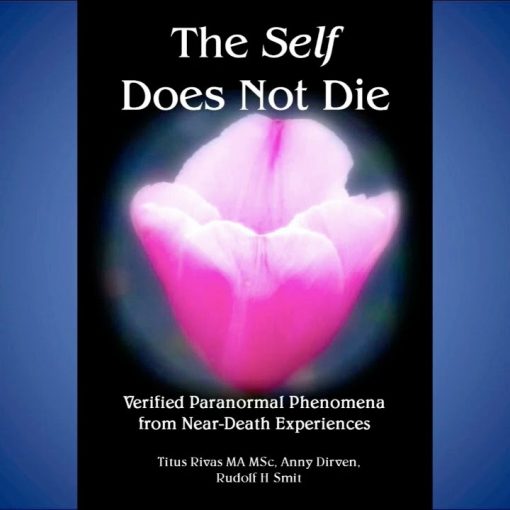
Should you take Hormone Replacement Therapy? Avoid eating peanuts while pregnant to lower the risk of peanut allergy in your child? Take a daily dose of Statins to lower your cholesterol? The answers are often by no means clear despite published medical studies. To complicate the issues, according to a recent New Scientist report, a significant number of medical U-Turns have recently taken place. Advice that was once confidently given was later shown as dead wrong. A recent paper published in Mayo-Clinic proceedings found that out of 980 medical practices published over the past ten years, there were 146 medical reversals. Many other practices were shown to be ineffective.
Why is this so common? Adam Cifu, who wrote the book, Ending Medical Reversals, suggested that a great deal of medical advice is based on theory and not on data. He said,
We spend so much time training people first and foremost in how the body works and how it breaks. So we get why things should work, and then we tend to adopt things because they should work before we know if they actually do…The problem is when that new technology or treatment or surgery has actually gotten out and is being given to millions of people before it’s found to not work.”
In addition, there is a fair bit of inertia among doctors who for years have been recommending certain standard practices, even though studies often show them to be no better than a placebo. Ted Kapchuk who studies the Placebo effect said,
“Once a treatment has been dubbed ‘standard of care’ it tends to persist. The practitioners who perform vertebroplasty want to help people and probably continue to believe they are doing so.”
What is a patient to do? The advice given to a patient investigating Complementary and Alternative treatment for a medical condition should also extend to traditional treatment: to ask a lot of questions, especially about known side effects and about the effectiveness of the treatment? Is it based on studies or theories? What are the alternatives?
Cifu says that patients must push their doctors for answers, The real questions are, how is this actually going to help me? Will this actually decrease my risk of having a heart attack?





One thought on “Medical Reversals – When medical advice goes wrong”
Hi Paul
One medic said “Half of what we learn in medical school is false, and, what is worse, we don’t know which half”.
Ending medical reversal is a good idea in the sense of preventing wrong ideas from getting established in the first place. But of course reversal is exactly what is needed to get rid of the wrong ideas once they have become established.
I agree that patients should ask questions, but doubt they will get the answers that they need from doctors. Whatever the case may be in the US (where Cifu practises), in Britain a doctor must not go against official guidance on what advice to give the patient by superior powers such as NICE, otherwise he could get hauled up before the General Medical Council. So if, say, a patient has been diagnosed with coronary heart disease, he will be advised, inter alia, to take a daily statin, whatever the doctor’s private view may be of the advisability of this. But the doctor will not go into the evidence on which the medical establishment relies in taking this position. If the patient asks questions, the doctor will just aver that these matters have been gone into thoroughly. So, for instance, the patient will not find out that the evidence that statins provide any benefit at all for women is very weak, and that even for men it is unlikely that they will benefit. He will not be told that it is particularly questionable for the elderly to take a cholesterol-lowering drug, because elderly people naturally have higher levels of cholesterol in their bloodstreams than younger people do, and experimental evidence shows that, among the elderly, those who live the longest are those with the most (not the least) cholesterol in their bloodstreams. This is hardly surprising, since the body makes cholesterol for numerous essential purposes, and those purposes will be fulfilled less well if you force the body to make less of it.
The patient will also not be told that the diet-heart hypothesis (the notion that, if you eat saturated fat, the level of cholesterol in your bloodstream goes up, creating a greater likelihood of heart attack) has come under a sustained assault in recent years, not only by the laity but also by researchers, medics and cardiologists. He will not be told, for instance, that in 2010 and 2014 two meta-analyses were published, that dealt with studies trying to find whether there was an association between the amount of saturated fat a person ingests and the incidence of coronary heart disease. One of the meta-analyses added stroke and cardiovascular disease. In both meta-analyses the answer was no, there was no association at all.
The patient will also not be told that statins have 30 or 40 different effects in the body (some of them clearly undesirable) and that the notion that they produce such benefits as they do produce by cholesterol-lowering is just an unproven theory. Many think that the real cause includes the fact that statins, which have an anti-inflammatory ability, are able to counteract inflammation developing within the artery walls. But there are plenty of natural foods that have an anti-inflammatory ability and don’t cause the hazardous side-effects that statins cause, eg the darker kind of fruits – blueberries, blackberries, cherries etc.
The only way in which you could possibly inform yourself about matters such as the above is to look into these matters yourself, to read books, perhaps some scientific papers, and listen to researchers talking on Youtube. On the statins/cholesterol issue, because I am a cholesterol sceptic, I would recommend the books of Steven Sinatra, Jonny Bowden, Nina Teicholz, Gary Taubes, Uffe Ravnskov, Malcolm Kendrick, Sally Fallon Morell, Duane Graveline and Fred Kummerow. And you could visit the website of THINCS, the International Network of Cholesterol Skeptics.
Best wishes
Bryan Hammersley